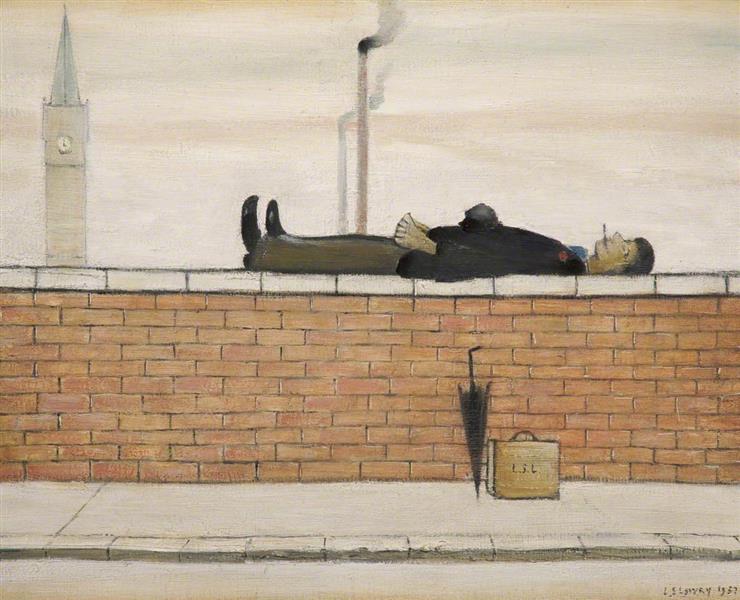I’ve been increasingly preoccupied by the prospect that Starmer’s Labour will follow a similar trajectory to Macron’s government: getting elected from the centre before shifting to the right, failing to address (or even exacerbating) the underlying mechanisms driving the fascist creep, legitimating their agenda through perpetual triangulation, before (it seems likely) being supplanted by the very party he styled himself as a bulwark against. Didier Fassin captures this trajectory sunccintly here:
From the start of his presidency, Macron has regarded RN as his sole adversary. The left was divided, and he systematically discredited it, even demonising its most radical fringe, France Unbowed. His objective was to occupy the right of French politics, wiping out the threat from Le Pen’s party and the Republicans. There were three components to this strategy. First, his harsh stance on law and order. Second, his renewed focus on Muslims, and his fight against what he termed “Islamist separatism”. And third, and above all, his disproportionate focus on immigration, culminating in a heated, year-long debate about a controversial new bill that restricted migrants’ rights and benefits. When this law, called “shameful” by the Human Rights League, was voted in on December 2023, Le Pen described it as an “ideological victory”.
https://www.theguardian.com/commentisfree/article/2024/jun/25/emmanuel-macron-marine-le-pen-france-far-right-government
The combined Conservative and Reform vote is 37% as of last week’s polls. The fragmentation of the right is an expression of recomposition not destruction. Imagine how strong a unified right built around ‘national conservative’ principles could be five years down the line if a Starmer government has done little to address the spiralling inequalities of post-austerity Britain. I’m confident things will get a little better under Labour (how could they not?) but strongly suspect that could be a prelude to things getting much much worse.
